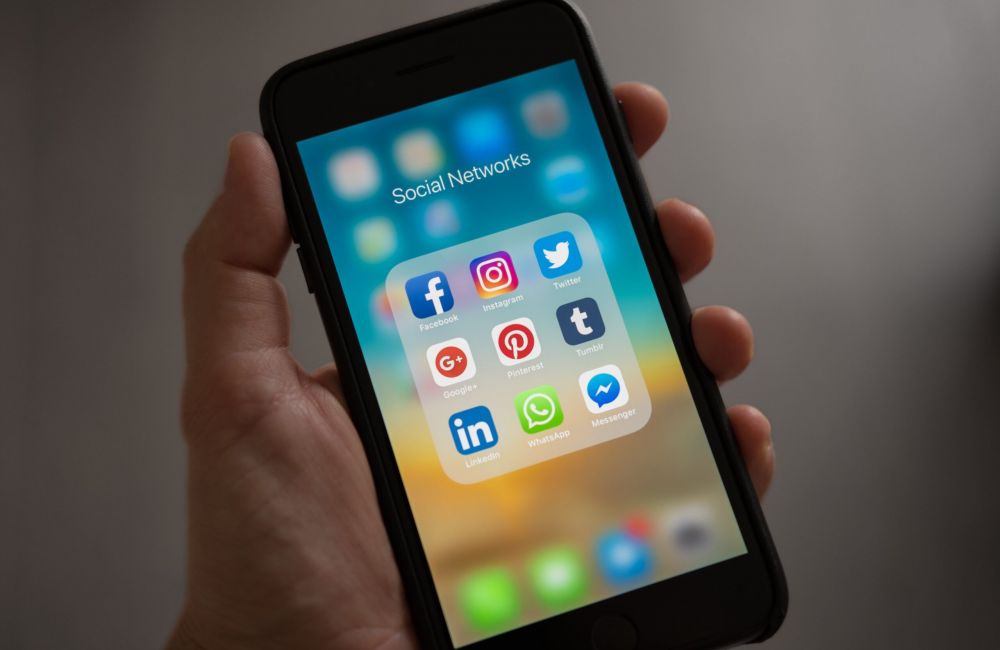Governor Kathy Hochul recently signed a new bill into law that prohibits employers from requesting, requiring, or coercing an employee or applicant to disclose information relating to their personal social media accounts.
Section 201-i of the New York Labor Law will take effect on March 12, 2024, so now is the time to prepare.
First, the new law defines an applicant’s or employee’s personal account as:
an account or profile of an electronic medium where users may create, share, and view user-generated content, including uploading or downloading videos or still photographs, video blogs, podcasts, instant messages, or internet website profiles or locations that is used by an employee or an applicant exclusively for personal purposes.
So then what do an employee’s personal accounts include? Based on this definition, many social media accounts!
Snapchat
TikTok
X (formerly known as Twitter)
YouTube
and countless other social media platforms are included under this law
The new law applies to nearly ALL employers, with the only exceptions being law enforcement agencies, fire departments, and the New York Department of Corrections and Community Supervision.
What should employers do?
Now’s the time to review onboarding, absence, and discipline policies to ensure your company does not require or mandate employees to share their social media login information. Stated differently, an employer may not request, require, or coerce any employee or applicant into disclosing the usernames, passwords, or other authorization information used to access their personal accounts.
Employers also can’t require an employee or applicant to access a personal account in the presence of the employer to disclose to them what the account includes or what information it reveals. You can’t ask an employee or applicant to reproduce any photos or videos in their social media accounts either.
Moreover, if you make the mistake and ask – and your employee knows her rights and refuses – you can’t discharge, threaten, or penalize them for refusing.
It’s important to note that these prohibitions apply to an employee’s personal accounts; their non-personal or company accounts, such as those that provide access to your information systems or internal computer system are not included in this prohibition.
Aren’t there any exceptions?
While this undoubtedly seems like an overwhelming list of prohibitions, the law includes some exceptions where you are allowed to ask an employee to disclose information to an account.
First, business accounts don’t count! While you can’t require disclosure of personal account information in most scenarios, any business accounts your employee uses or accesses aren’t protected under the law. So long as you notify employees in advance that they have no expectation of privacy in their work-related accounts – which should be in every employee handbook in this State – you can readily access, or force your employee to give you access to, business accounts they’re using.
Second, if you pay for some or all of an electronic device the employee uses, you can access the device and its contents so long as (1) the provision of payment for the device was conditioned by your right to access the device and (2) the employee received prior notice of and explicitly agreed to these terms. Again – solid, clear workplace policies make it easy to utilize this exception.
Third, if a court order requires you to access something, even if it is typically under the control of your employee, you may do so.
Fourth, you may readily view or access information from an applicant’s or employee’s personal social media accounts if they leave their accounts open to viewing, that is, what we lawyers call in the public domain. Any information in an employee’s personal accounts that she or someone else voluntarily shares with the world can be accessed.
Fifth, employers may always prohibit employees from accessing certain websites or social media platforms if they’re on your network. So, if you want to prohibit employees from being on Facebook or TikTok on your network, go right ahead. It doesn’t run afoul of the law.
How can employers comply with the new law?
As a general practice, you should never require an applicant or an employee to show you their personal social media accounts or anything posted in those accounts.
And if the employee is running a social media account for your business or accessing social media using a device that you paid for, then you can request the username, password, and any other authorization credentials to access that account. If you’re going to request access to an electronic device you purchased for an employee to use, make sure that the employee has notice that you are reserving the right to access the device as a condition of their receiving the device. If you choose to limit access to certain websites or apps within your network, you can do so as much as you’d like. But if you choose to limit access to these websites and apps on electronic devices you’ve purchased for an employe, make sure that the employee has notice that you’re doing so as a condition of your purchasing of the device.
Have more questions?
We know it’s a lot, and it seems as though the New York State government is focusing heavily on making it more challenging for companies to do business in New York. And that’s a shame.
If you need help figuring out what policies to change or employ starting March 12, 2024, give our employment law attorneys a call or shoot us an email. You can reach us at info@coppolalegal.com or 716.839.9700. We’re happy to help.

